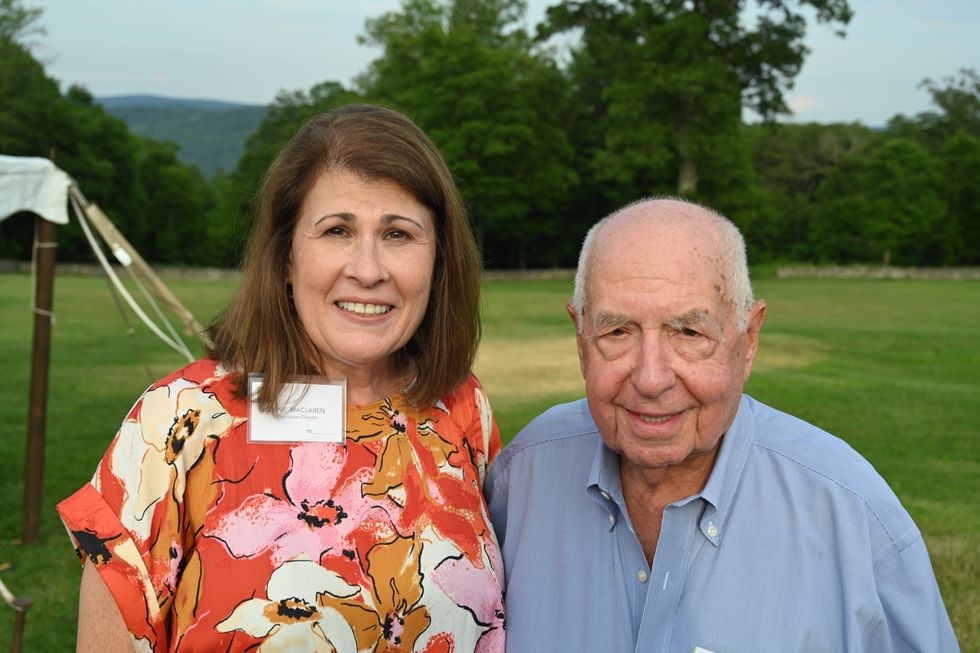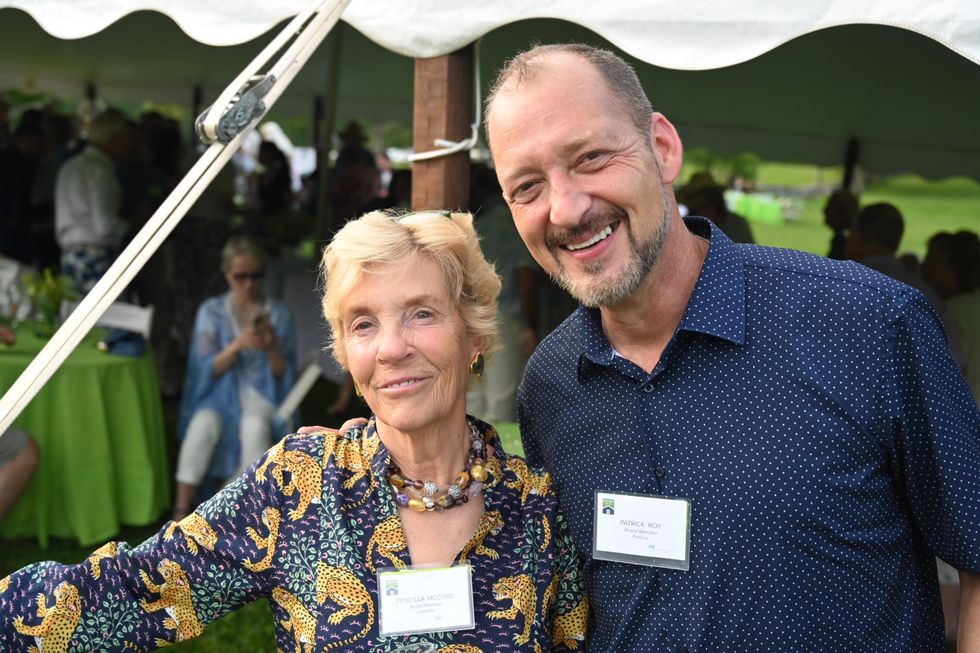For the past several months I have shared a grant to do a play about Gwendolyn Reed, who was a migrant worker in the Connecticut tobacco fields and also an accomplished actor with the Charles Gilpin Players, a branch of the Federal Theater’s WPA Negro division. Gilpin was the original actor in Eugene O’Neill’s “Emperor Jones.” Gilpin indeed was an accomplished actor, but the man identified with the role of the crazed Black man in the jungle was the towering Paul Robeson.
Reed was born in 1912 in Harlem and soon after, her mother “fled” her father and took baby Gwen with her. Her mother began work in the tobacco fields around Hartford. At one point, there were more than 20,000 acres of tobacco, now down to 2,000. I suspect a lot of people don’t even know that Connecticut has this tobacco history, but at one time, the leaves were used in the finest cigars outside Cuba.
Cotton-picking. Tobacco harvesting. Grinding work at best. The dust from the tobacco leaves is particularly harmful to the lungs.
Mother Reed was highly literate and took to reading to the workers who weren’t. From Gwen’s earliest age 5, she heard her mother reading her Tennyson and Shakespeare. This would spur Gwen on to a career in the theater.
But what she is best known for is her role as Aunt Jemima, which she essayed from 1956-1974. Quaker Oats had found her in a stage play and offered her the part that would in some ways define her life. She traveled to county fairs, and Kiwanis Club events, whipping up pancakes, which she would then serve to the patrons. ( In none of the articles about Reed as Aunt J did they ever mention her real name.)
Dan Dwyer, the polymath who owns Johnnycake Books in Salisbury, Conn., has a memory as a 10-year-old going to a Kiwanis event with his father, sometime in the mid-Fifties. And there was Gwen/Aunt J. Dan says he asked his father, “Daddy, is that the real Aunt Jemima?”
And here’s the kicker: “Why does she look so sad?”
In an earlier column I referenced the great Black vaudevillian Bert Williams. W.C. Fields said, “Bert Williams was the funniest man I ever saw. And also the saddest.”
Sadness. “Bonjour Tristesse”. Francois Sagan. Universal.
The first person to impersonate Aunt J was a white man in drag. The first woman was Nancy Green.
And this from Wiki:
“At the age of 59, Green made her debut as Aunt Jemima at the 1893 World’s Columbian Exposition held in Chicago in the guise of a plantation slave, beside the ‘world’s largest flour barrel’ (24 feet high), where she operated a pancake-cooking display, sang songs, and told romanticized stories about the Old South (a happy place for blacks and whites alike).” Not quite, Wiki.
“After the Expo, Green was reportedly offered a lifetime contract to adopt the Aunt Jemima moniker and promote the pancake mix... This marked the beginning of a major promotional push by the company that included thousands of personal appearances and Aunt Jemima merchandising. She appeared at fairs, festivals, flea markets, food shows, and local grocery stores. Her arrival was heralded by large billboards featuring the caption, ‘I’se in town, honey.’ ”
The grant I am sharing is with the Hartbeat Ensemble and its 77-seat house across from the Mark Twain House in Connecticut’s capital. I and the dynamic Artistic Director, Godfrey Simmons, and three extraordinary women have been meeting over Zoom and pouring over material on Gwen. She was well-known in the Hartford Community and passionately interested in children’s literacy programs. She even had a TV show during which she read to children. Having none of her own, her door was always open. Her apartment in the Belleview Square section of North Hartford was equipped with tiny furniture for kids of all sizes. There is a plaque in the Hartford Library commemorating her devotion.
The great saxophonist Jackie MacClean, who was the head of the Hartt School of Music at the University of Hartford, was a close friend of Gwen’s. With his Artists Collective, he was working on a composition in honor of the woman he said “was always there for him.” Unfortunately, Gwen died before the work was finished. MacClean worked hard to buy a gravestone for this selfless woman who had given so much to so many. Not as the bandannaed Mammy, but for the woman with the biggest heart in Hartford.
The name of the play — courtesy of Rhodessa Jones, one of our collaborators: “The Book of Gwen.”
A sonnet for Gwen’s mother:
Gwen Reed and her mother
My daughter, why you coughing, is it dust?
These plants exhale before the match is even lit
Our lungs so heave, we pull and drag before the drags
Tobacco, worse than cotton, I don’t know
It’s all the same, they break our backs, tobac
And weevils, evils South and North we toil
My daughter, why you coughing, ‘cause you must
Please have some water, almost time to sit
Don’t cry, your eyes so beauteous, will get bags
Your mother sits beside you, high and low
I hug you tight, we got each other’s back
This sun won’t stop, some clouds would ease the boil
It’s back to work, my precious darling mine
It’s back to work, my precious darling fine
Chrissy Grant
Lonnie Carter is a writer who lives in Falls Village. Email him at lonniety@comcast.net., or go to his website at www.lonniecarter.com.



 A hauler parade arrived in Salisbury Thursday, June 26, marking the return of NASCAR to Lime Rock Park.Photo by Lans Christensen
A hauler parade arrived in Salisbury Thursday, June 26, marking the return of NASCAR to Lime Rock Park.Photo by Lans Christensen Crew mechanics worked in the paddocks Friday, June 27, to get vehicles ready for racing on Lime Rock Park's unique course.Photo by Lans Christensen
Crew mechanics worked in the paddocks Friday, June 27, to get vehicles ready for racing on Lime Rock Park's unique course.Photo by Lans Christensen P.J. Haviland, of Kent, had a front row seat to the action Friday, June 27.Photo by riley Klein
P.J. Haviland, of Kent, had a front row seat to the action Friday, June 27.Photo by riley Klein Vehicles gassed up for race day Saturday, June 28.Photo by Riley Klein
Vehicles gassed up for race day Saturday, June 28.Photo by Riley Klein Lime Rock Park's hillside was filled with guests Saturday, June 28.Photo by Lans Christensen
Lime Rock Park's hillside was filled with guests Saturday, June 28.Photo by Lans Christensen Corey Heim and crew pose at the finish line after winning his fifth race of the 2025 Craftsman Truck season.Photo by Riley Klein
Corey Heim and crew pose at the finish line after winning his fifth race of the 2025 Craftsman Truck season.Photo by Riley Klein Lime Rock Park CEO Dicky Riegel, second from left, presented the trophy to Thomas Annunziata, center, after he won the ARCA Menards Lime Rock Park 100 on Saturday, June 28.Photo by Riley Klein
Lime Rock Park CEO Dicky Riegel, second from left, presented the trophy to Thomas Annunziata, center, after he won the ARCA Menards Lime Rock Park 100 on Saturday, June 28.Photo by Riley Klein NASCAR fans enjoyed a weekend of on-track action at Lime Rock Park June 27-28.Photo by Riley Klein
NASCAR fans enjoyed a weekend of on-track action at Lime Rock Park June 27-28.Photo by Riley Klein


 Jane MacLaren, Executive Director of Chore Service, and Mort Klaus, host of the Garden Party eventBob Ellwood
Jane MacLaren, Executive Director of Chore Service, and Mort Klaus, host of the Garden Party eventBob Ellwood Priscilla McCord, outgoing Board Chair of Chore Service and Patrick Roy, incoming Chair.Bob Ellwood
Priscilla McCord, outgoing Board Chair of Chore Service and Patrick Roy, incoming Chair.Bob Ellwood



Gwen Reed: a beloved part of Hartford history